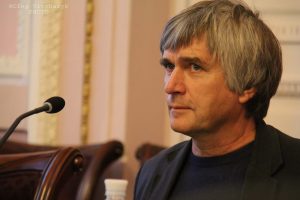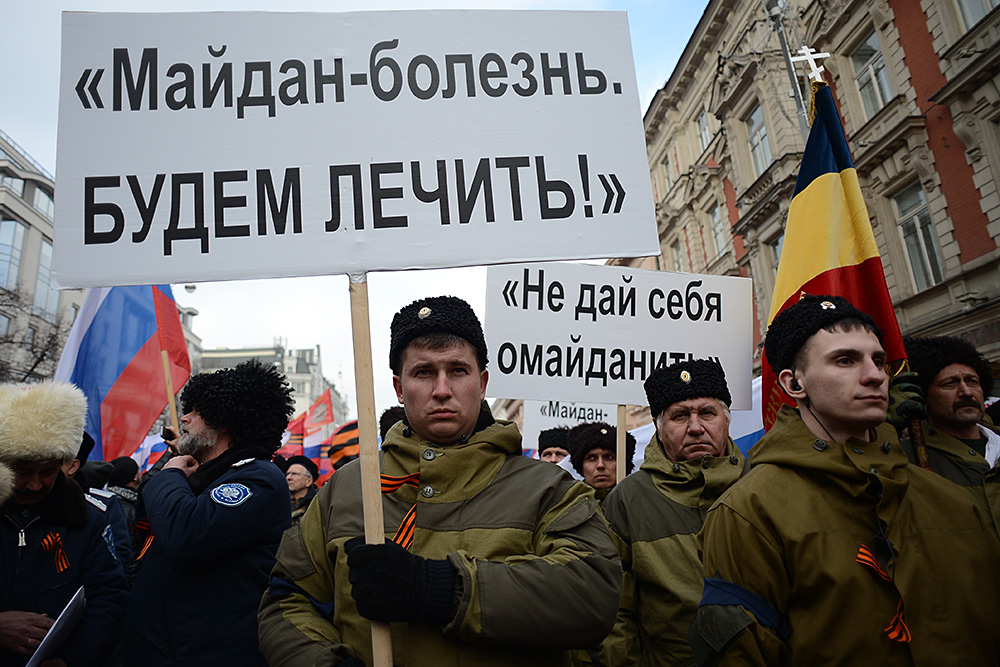How to Coexist in One Country with Those Who Counter the Structure and Values of the State
June 2, 2015 / 6.00 pm
Center for Urban History, Lviv
Social anthropologist and researcher Hans-Jorgen Wallin Weihe will talk about issues that dramatically relate to Ukraine. Ukrainains are not the only ones who have dealt with these and suffer from them. Even as a result of the Second World War, when territories were captured and borders changed between Karelia and Finland, Schleswig-Holstein and Denmark, differences in ideology, culture, and language were also part of the conflict. Nordic countries now have trouble with communities with strong local identities that differ from the state, to which they formally belong. (Comes to mind the case of Swedish-speaking Aland in Finland and the separation of the Faroe Islands, and a few years ago Greenland with Denmark).
The war in eastern Ukraine will end. The challenge of coexistence and the search for conditions in which to live and work together in one state will be a new summons. In the words of the American philosopher Richard Rorty (1931-2007), we should view social institutions as "experiments in cooperation rather than as attempts to embody a universal and a historical order." Finding mutual ground for a future with those who fought against our valuesand guarantees of integrity is a very difficult task, it’s a test for humanity. It is impossible to be fully prepared, but one can prepare by drawing from other experiences of cohabitation after (armed) conflicts.
The lecture will be given in English with consecutive interpretation.

Hans-Jorgen Wallin Weihe
is a Professor of Sociology and Social Work at the Lillehammer University College, professor of history at the University of Stavanger (Norway) and lecturer at Tomas Masaryk University in Brno (Czech Republic). He defended his thesis on the history of the European “discovery” and colonization of the Nicobar Islands. He is the author of dozens books and two exhibitions on the topic of the history of everyday life, social issues, interaction and confrontation between traditional and modern cultures, memory and identity. Among them: “Work on Relationships and Communication” (1997), “The History and Tradition of Social Work” (2004), “Empathetic Anger and Empathetic Closeness” (2009), “The Norwegian Ice Export: Frozen Water Trade” (2012). His Flowers, Landscape, Literature in the “University Dialogs” series from the Humanities Research Center of the Ivan Franko National University of Lviv was released as book in Ukrainian translation (2012).
Share
Organizer: Faculty of Philology at Ivan Franko National University of Lviv.
Credits
Сover Image: Representatives of the "Antimaidan" movement
